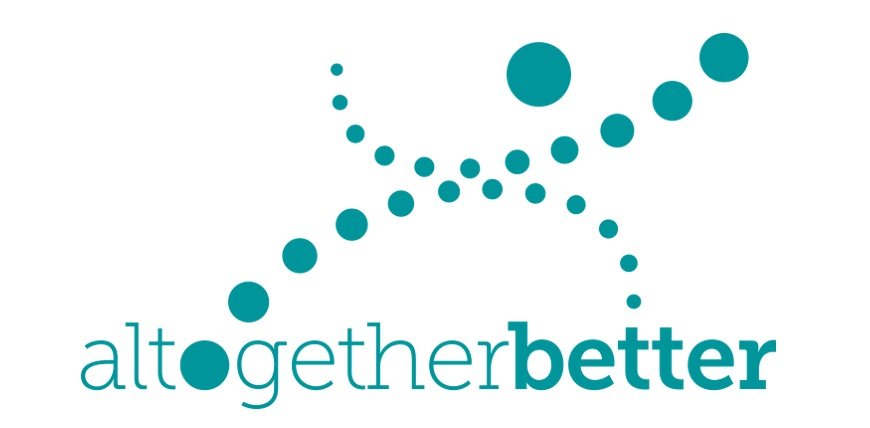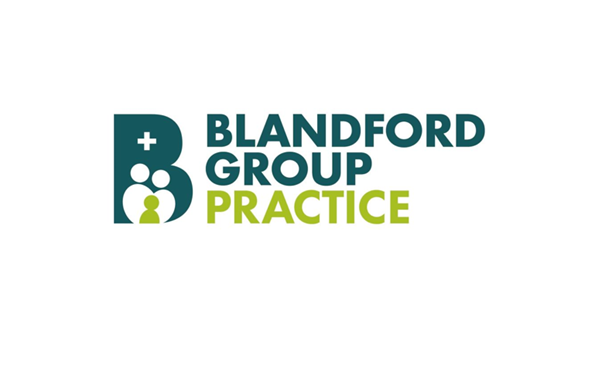Taking equity seriously: The impact of working across organisational boundaries
Our friends at The Blandford Group Practice in Dorset have demonstrated how a collaborative approach to healthcare, bringing in the right people with the right skills, can have a huge impact on their patients with a learning disability, a population typically experiencing some of the greatest inequalities in access to healthcare.
Collaboration in practice
Taking a collaborative approach the Blandford team brought together social prescribing link workers, paramedics, healthcare assistants and team members from Citizens Advice Bureau. By leveraging the unique strengths and skills sets of the team, the practice has been able to take an all-encompassing approach to increasing the numbers of annual health checks and action plans developed with fantastic results.
In recognition of the importance of building strong and trusting relationships with this group of patients, the starting point for the work was outreach work by the social prescribers in order to make links with each person, offering support tailored to their individual need.
Alongside this personalised approach, the paramedics and healthcare assistants coordinated the provision of annual health checks. A third strand of the work was to host a welfare rights advisor from CAB who, alongside a social prescriber, provided information, advice and guidance relating to practical issues that disproportionately affect people with learning disabilities such as fuel poverty, debt and housing difficulties.
“100% of the practice’s patients with a learning disability received not just an annual health check, ensuring their healthcare needs were thoroughly assessed in line with NHS guidance, but in addition individual action plans”
Achieving 100% for their patients
Thanks to this innovative and multidisciplinary approach, 100% of the practice’s patients with a learning disability received not just an annual health check, ensuring their healthcare needs were thoroughly assessed in line with NHS guidance, but in addition individual action plans were developed with the majority of patients to provide a roadmap for ongoing support.
This is a fantastic result that demonstrates just how effective a collaborative and multi-disciplinary approach can be in making meaningful improvement to the care that people receive and, as a result, reducing the inequality between those with a learning disability and the wider population.
The teams 100% achievement far exceeds the Dorset average, where 36.6% of patients benefited from health checks. 77.5% of the practice’s patients had both a health check and action plan in place, compared to 32.2% across Dorset. But it’s not just been about the direct health benefits; by receiving support from CAB alongside their health checks people have been able to access practical support and financial advice.
The team’s achievements have been praised by NHS Dorset’s Chief Executive and Chief Medical Officer and we think their fabulous work is worth sharing!

